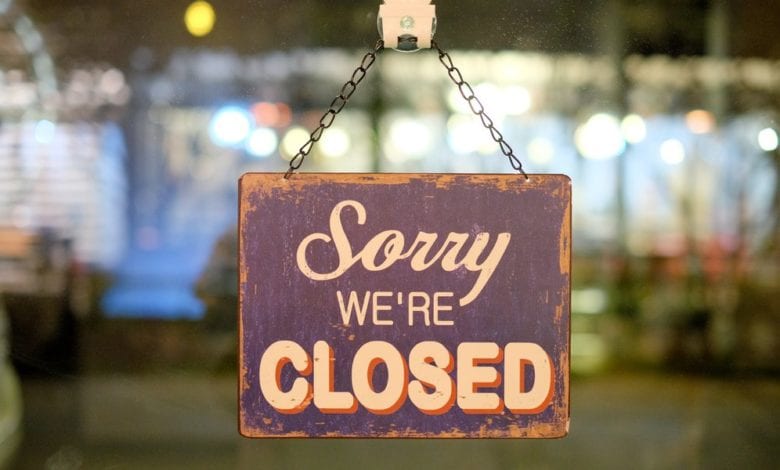Business
Bailiffs visit 310 premises a day over business rates, study finds

Councils across England are sending bailiffs to 310 companies a day over business rates arrears, new figures show.
You'll need to
subscribe to unlock this content. Already subscribed? Login?










